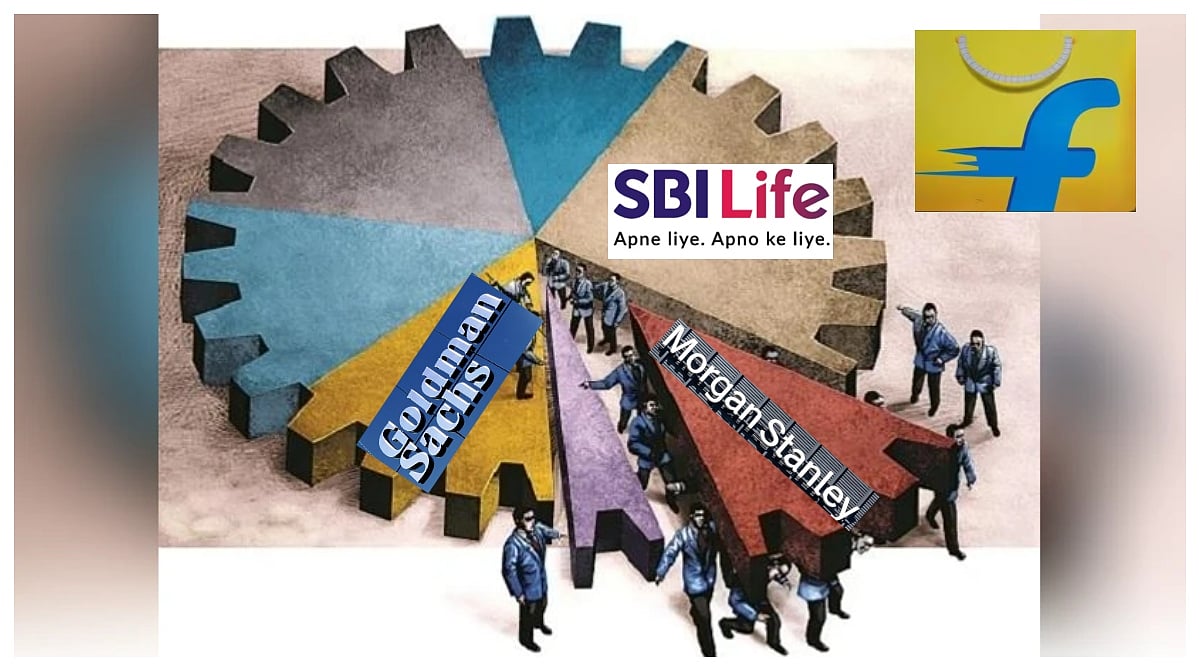If you sell a house and buy another house, then the capital gains earned on the sale of the first house will be exempt to the extent the capital gains are invested in the new house – this provision under the law [Section-54] is known to most. But the income-tax law also provides that if you sell any capital asset, other than a house, and invest the money received on sale in another house, then you can still claim exemption under the Act [under Section-54F], provided the prescribed conditions are met.
A tax payer had sold an under-construction property in South Mumbai for a total consideration of Rs. 3.42 crores. After deducting the indexed cost of acquisition, etc. the taxable long-term capital gains were worked out at Rs. 1.53 crores. The tax payer claimed exemption u/s 54F for an amount of Rs. 67 lakhs on account of investment of part of the money from the above gains in another house property. During assessment, the tax officer allowed the claim for exemption and the order was duly passed.
However, the senior tax officer on a review of the said order, initiated rectification proceedings on the grounds that the claim u/s 54F was erroneous. He issued instructions to the tax officer to make a fresh assessment after re-verifying whether the asset sold during the relevant year was a capital asset other than a residential house. Section 54F stipulates for an exemption from long-term capital gains earned by selling any asset other than a residential house by investing the sale proceeds in a residential house.
During the course of this re-assessment proceedings, it was observed that the tax payer had booked a residential flat on 15.1.1981. The said building remained under construction for many years and finally through the intervention of the Bombay High Court, a separate committee was appointed to complete the construction. Amidst all this uncertainty, the tax payer sold the under-construction unit on 31.10.05 resulting in long-term capital gains in her hands.
The tax officer was of the view that the asset transferred by the tax payer was a residential house and hence claim u/s 54F was not admissible. Against this, the tax payer argued that as the transferred property was not a habitable house, it could not be defined as a residential house.
At the first appellate level, the authority observed that for the purpose of section 54, the term ‘residential house’ has not been defined in the section or anywhere else in the Act. The authority reasoned that a residential house cannot be equated with a house which cannot be used for residence. An incomplete flat is a property under construction and not residential house. For the purpose of section 54F of the Act, the term ‘residential house’ has to be interpreted to mean a completely built structure with roof, dwelling place, walls, doors, windows, electric and sanitary fittings, etc. If one or more such components are lacking, then it cannot possibly be said that the residential house is a complete structure for the purpose of section 54F of the Act.
The intent of the law is clear that the term residential house means a flat or unit which can be actually occupied for residence or being capable of put to use for residence, as on the date of transfer of the asset. If on such date, if the property is fit, though not actually used as such, it can be a residential house and if not, then it shall be deemed to be a right with respect to a property and not a house. In view of the above, the appellate authority ruled in favor of the tax payer.
The tax officer preferred an appeal before the tax Tribunal. Based on the facts of the case, the Tribunal agreed with the first appellate authority’s view and ruled that the provisions of section 54F are beneficial provisions enacted for the purpose of promoting the construction/ purchase of residential houses. It held that the claim made by the tax payer has rightly been allowed under section 54F of the Act.
The tax officer filed a further appeal before the Bombay High Court to ascertain whether property transferred could be held as residential house? Again, based on the facts, the honorable High Court ruled in favor of the tax payer.

(The writer is the Founder of Arvind Rao and Associates, a tax and financial consulting firm based in Mumbai)












